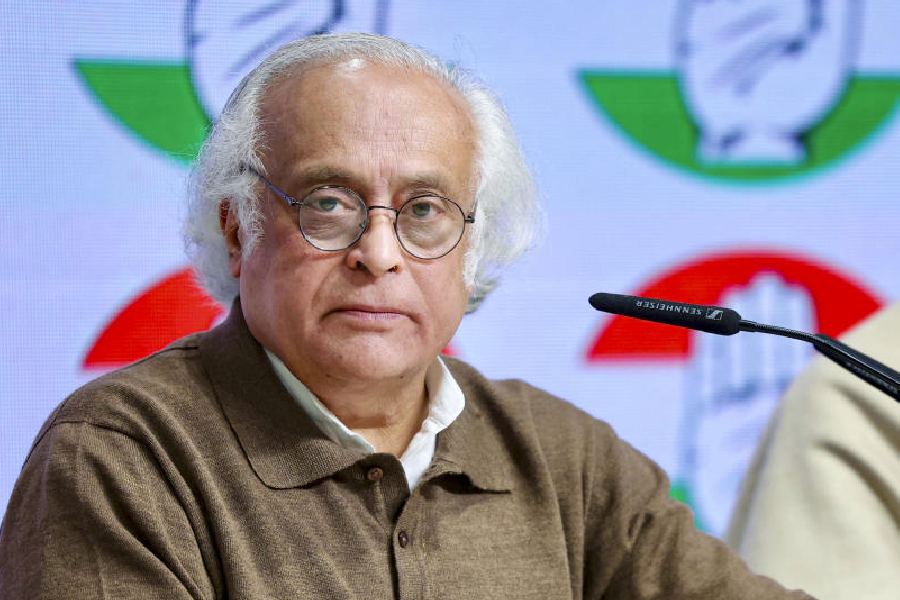Spring is the time when bears come out of hibernation. But what bear cartels desperately try to do has been achieved by a few exit polls on a few television channels. This is despite question marks about sampling designs and accuracy of several of these polls and the fact that we are only halfway through polling and exit polls. Within a day, Rs 54,500 crore was shaved off the value of all listed shares. The crash in the sensitive index is the largest since 9/11. India’s macro fundamentals are sound and they continue to be so, even if the 8 per cent plus growth record of 2003-04 cannot be replicated in 2004-05. There are thus no reasons for large-scale exit. However, the India Shining and feel-good campaigns generated excessive hype and exuberance, reflected in the sensex, and was out of proportion to India’s track record. No macro fundamental justified a sensex headed towards 7,000. Therefore, a correction was inevitable. Whenever that happened, retail investors would have been hurt and there would have been complaints about scams, regulatory lapses and cartels.
Unfortunately, retail investors continue to regard the capital market as a high-return and low-risk option, failing to recognize that markets are extremely sensitive to foreign institutional investments and hedge funds. Given the composition of India’s capital inflows, such sensitivity is inevitable, and the hypothesis that institutional investors also behave like lemmings is plausible. Indeed, a lemming-like behaviour characterized the upward climb, with a belief that the National Democratic Alliance coalition would win hands down. Irrespective of the degree of sheen, a landslide win for the NDA would not have been good for the Indian democracy, and exit polls effectively underline the triumph of democracy. Foreign institutional investors have now factored in what should have been regarded as inevitable. This is not a sensex vote against the Congress, because as Congress spokespersons have pointed out, the party was the original architect of reforms. But it is a sensex vote against coalition governments. Regardless of individual details, exit polls have got the overall message right. This round of elections runs the risk of producing a fragile coalition, regardless of who heads it. And such coalitions are bad for certain varieties of reforms, specifically privatization. It should not, therefore, be surprising that the public sector, particularly banks and stocks, has been hit the most.
If future rounds of exit polls confirm the coalition trend, the sensex is bound to drop further and will certainly not stabilize until a government is in place. However, there are reforms and reforms. Even if privatization is slow, there are other reforms an incoming government can undertake, to restore investor faith in India’s macro fundamentals. For the moment, foreign investors have unnecessarily jerked a knee and caught myopic retail investors in the groin. This is not the best of ways for a correction to take place. However, in the process of going ballistic, one must not lose touch with the ground.










